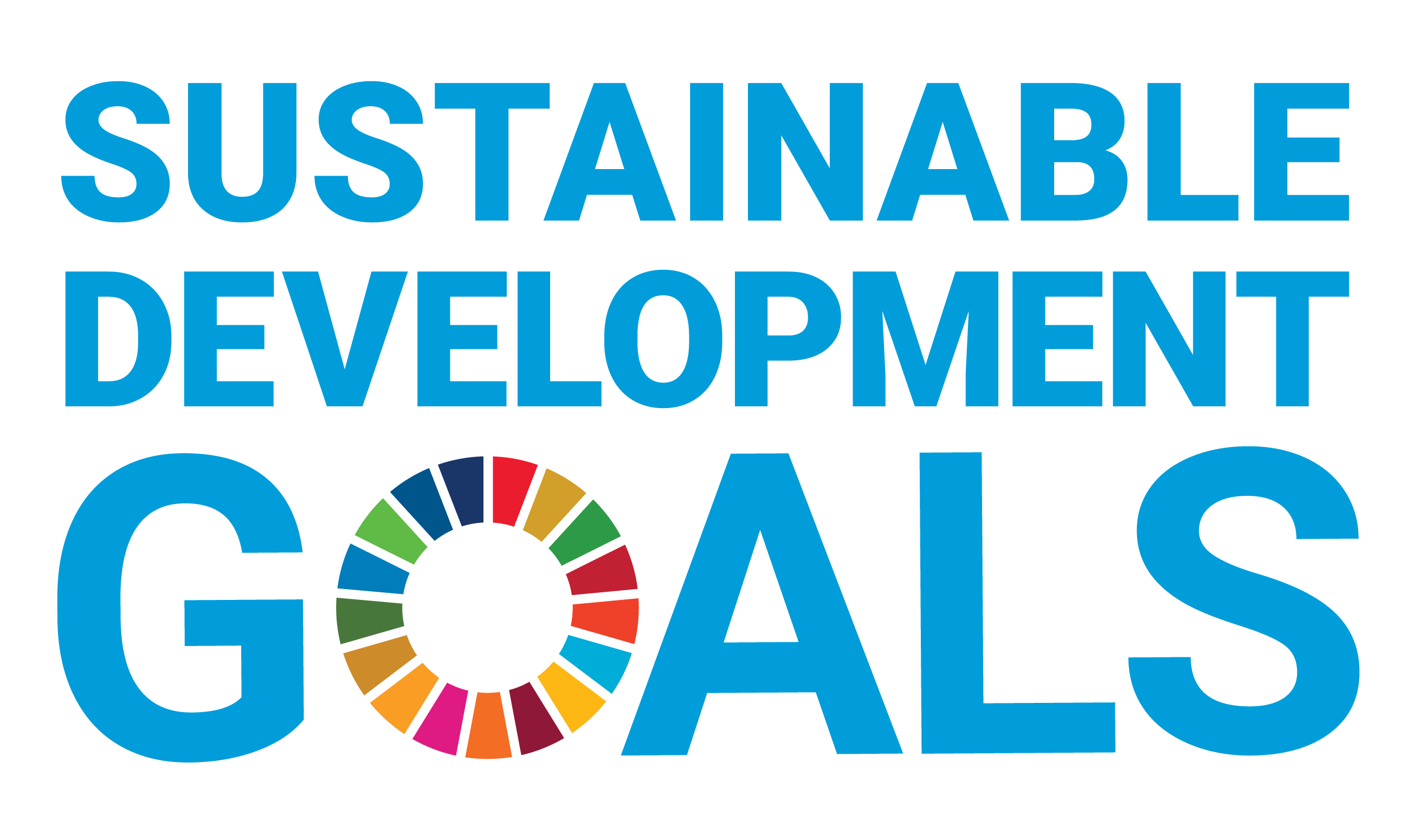Factors Affecting Student Self-Efficacy during Emergency Remote Teaching
Document Type
Conference Proceeding
Publication Date
2022
Abstract
Self-efficacy pertains to one's belief in one's ability to execute certain tasks or behaviors successfully. People with higher self-efficacy are more likely to engage in an undertaking and persist whenever faced with obstacles. This study sought to explore students’ state of perceived self-efficacy in online learning as a result of the emergency remote transition (ERT) to curtail the spread of COVID-19. The four sources of information about self-efficacy were examined: (1) physical and emotional states; (2) vicarious experiences; (3) forms of persuasion and (4) enactive mastery experiences. To investigate the latter, student responses to the survey item “Considering everything involved with this learning experience, how has it informed your views about using online teaching and learning in the future?” were qualitatively coded to deduce their perceived level of self-efficacy related to mastery. Three major themes emerged: (1) direct feelings toward online learning; (2) perceived challenges of online classes; and (3) other student-related factors focused around well-being. A strong preference for onsite learning was evident among student responses. Logistical concerns related to internet stability, dedicated study spaces, and teacher and peer communications were also prevalent. Physical and emotional states were also a concern as well as loss of real-time feedback and guidance. These factors, among others, may have affected student self-efficacy in online learning as a result of transitioning to emergency remote teaching.
Recommended Citation
Moreno, M.M.L., Gaspar, T.J.C., Torres, J.M.R., Agapito, J.L., & Rodrigo, M.M.T. (2022). Factors Affecting Student Self-Efficacy during Emergency Remote Teaching. ICMET '22: Proceedings of the 4th International Conference on Modern Educational Technology, 73-79. https://doi.org/10.1145/3543407.3543420



